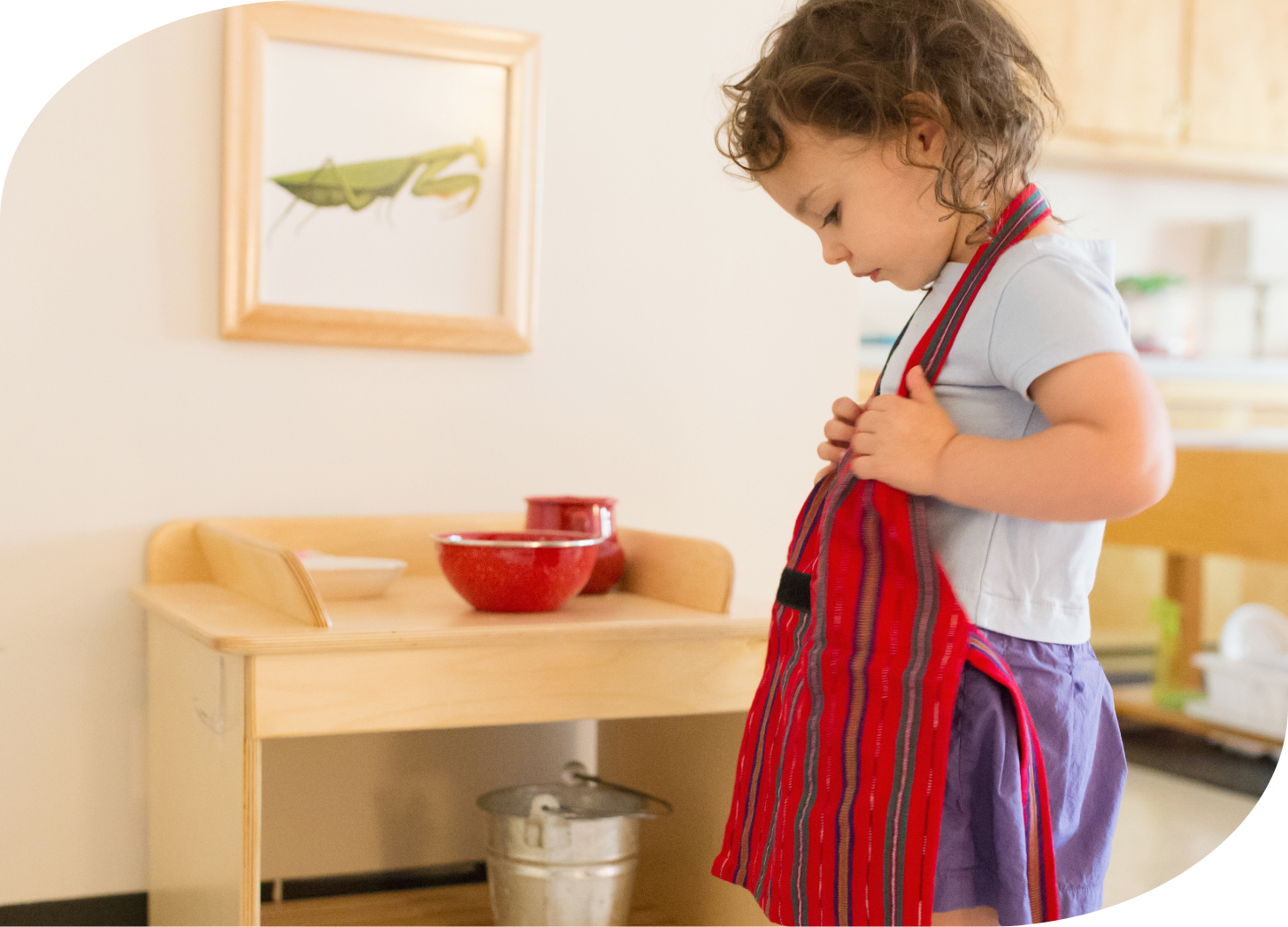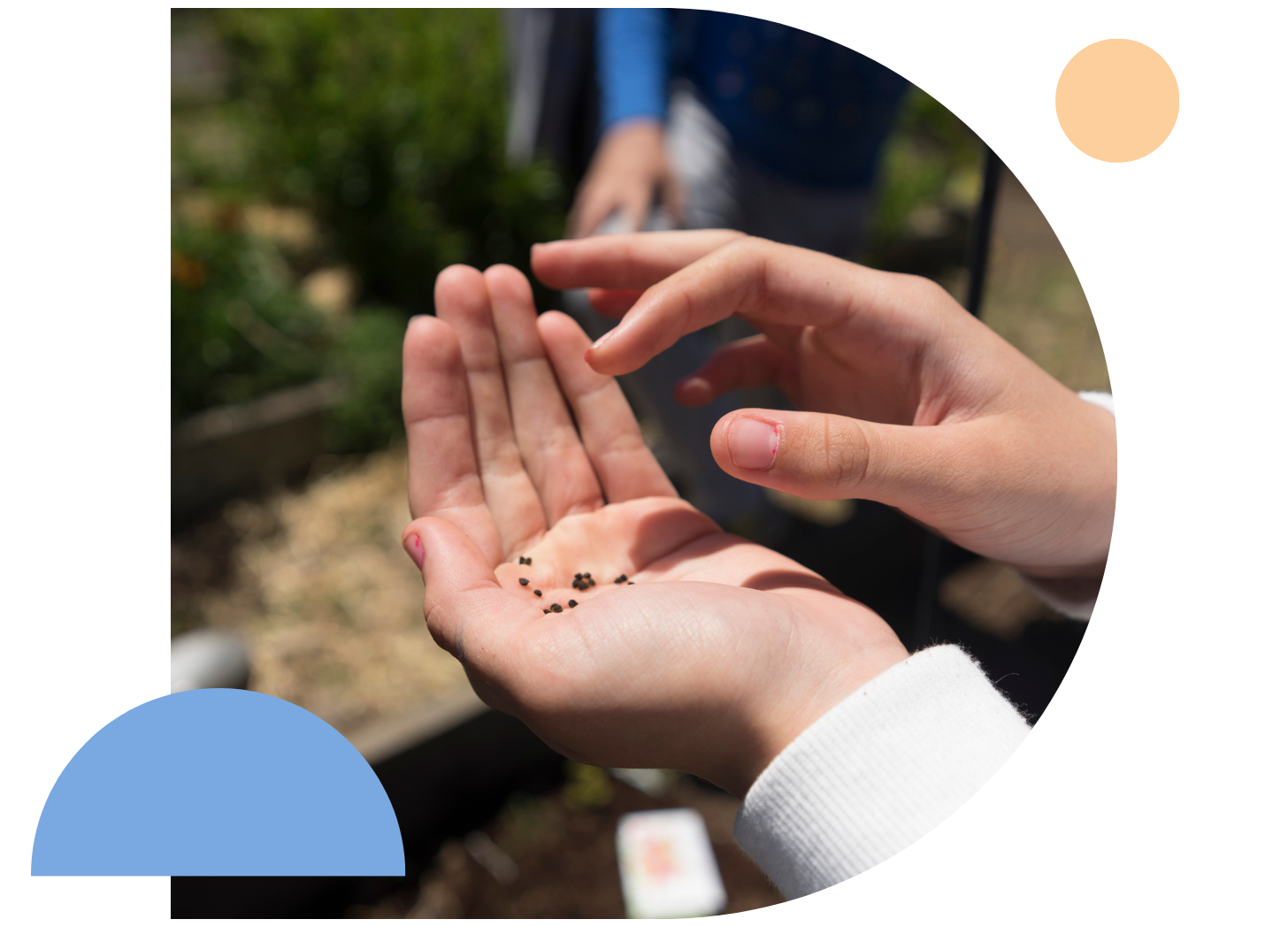Picture this: You wake up this Saturday morning, and your children have made you a pancake breakfast.
Not only did they have the cooking covered, but they also washed the dishes and wiped up the batter that inevitably wound up on the counter.
You didn’t plead with them to do these things.
Your kids just decided to surprise you with breakfast and followed through, all the way to a squeaky-clean kitchen.
All you have to do now is express your gratitude.
Sounds idyllic, right? And, sure, a little improbable.
As parents, we’ve grown accustomed to our children dragging their feet to clean their rooms and groaning about setting the table.
It can be hard to imagine our kids would ever willingly do their chores (let alone enjoy the process!).
But it’s possible. Here’s how:
Why kids should do chores
Before children mature into adults with financial responsibilities and paying jobs, we introduce them to chores.
As “normal” as this may be, it isn’t arbitrary.
Adults spend most of their lives working. So, to set our kids up for success, we must teach them the value of work.
Not just dollar signs — but the true value of engaging with the world around them.
“Work grounds self-esteem,” says Matt Bateman, VP of Pedagogy at Higher Ground Education. “[It gives] the growing person the ability and confidence to grapple with and shape her world.”
Work is the way our kids shape their world.
So having kids do work at a young age, in the form of household chores, is about more than having a clean bedroom or folded laundry.
If we play our cards right, chores teach our children how satisfying work can be.
What satisfying work looks like
Most people don’t think children are capable of real, purposeful work.
It’s why we give them pretend kitchens, pretend vacuum cleaners, and other toys that don’t bring lasting satisfaction.
Then, when they get older, we wonder why they hate doing chores.
Giving kids and teens the space to wipe up their own spills, plan their own meals, and take care of their own environment boosts their confidence in ways that playing pretend never will.
Confident, capable children enjoy work.
Chores also build kids’ executive functioning skills, which contribute to academic and career success down the line.
They teach children the order of operations of life. For example:
The table must be clean before a meal can begin.
Plants must be watered to keep them alive.
Laundry must be folded before packing for a trip.
Chores build practical life skills — and give our kids tangible markers of success.
Kids love to work
As a parent, chores probably look pretty mundane to you.
Unloading the dishwasher for the thousandth time won’t radically change your world. Going to the grocery store to pick up dinner doesn’t give you a thrill. (Though it’s certainly possible to re-frame with gratitude and experience chores as meaningful and enjoyable!)
But young children naturally see work in a different light.
They’re not just watering the plants. They’re interacting with their environment and learning about how it works.
They’re not just going grocery shopping. They’re making choices and exercising their agency.
They’re not just making a budget. They’re determining what they value and how to use their resources.
Work is enjoyable for them because it’s a ticket to independence.

It’s not the end result that’s of interest (the clean window, the fresh sheets on the bed, etc.). It’s the process.
For young children, that means discovering how the world works — by engaging in the tasks of daily life.
For older kids, that means exercising their independence — by taking ownership over the responsibilities of daily life.
Daily life becomes a source of pride.
(Just watch this three-year-old princess clean up a spill with a smile.)
How to let your children engage in practical life
Italian physician and educator Maria Montessori noted that participation in daily life is a foundational component of child development.
In fact, she dedicated an entire area of her classrooms to it, fittingly called, “Practical Life.”
Practical Life has two components: care of the self and care of the environment.
And each activity:
Is done with a purpose (like sweeping the floor)
Helps develop fine motor skills (like pouring water)
Hones the child’s ability to perform a multi-step task (like preparing a snack)
Encourages a sense of responsibility (like caring for plants)
As early as toddlerhood, children feel driven to participate in practical life.
Letting them get involved in household chores allows them to develop self-motivation and explore their interests.
What to do if your kids hate doing chores
Of course, with adolescents who don’t want to be told what to do, our mindset needs to shift.
“We can get fixated on throwing more responsibility towards [teens] in the hopes that we are preparing them for higher education and an eventual career,” says Jenna Wawrzyniec, a writer and Montessori advocate.
And it’s not that our teens can’t handle the responsibility.
It’s that their “social self” is developing, and they need space to do the deep work of exploring it.
As with toddlers, we can encourage this process by ensuring that chores have real-world consequences.
Teens may not want to cook just for the joy of watching how the world works anymore. But if they’re responsible for making their school lunch, they’ll likely think twice before passing.
We should also include them in the process of deciding how they should contribute to the household (and we can start this with kids as young as six!).
If you find that your child resists chores, consider a family meeting to discuss what needs to happen in the home. Invite your child to choose which of these things they want to handle.
And be ready for them to surprise you with what they’re capable of!
Children, no matter their age, are all on a path to becoming independent adults, and their engagement with the real world sets the tone for this adventure.
So to cultivate a positive relationship with work, first give them meaningful, practical chores.














